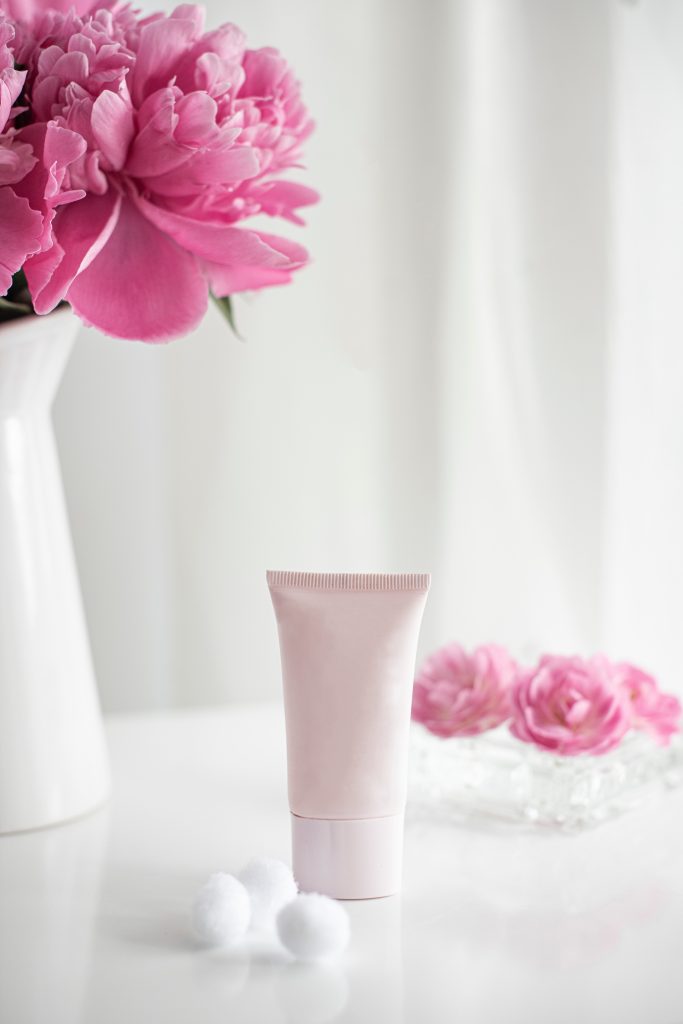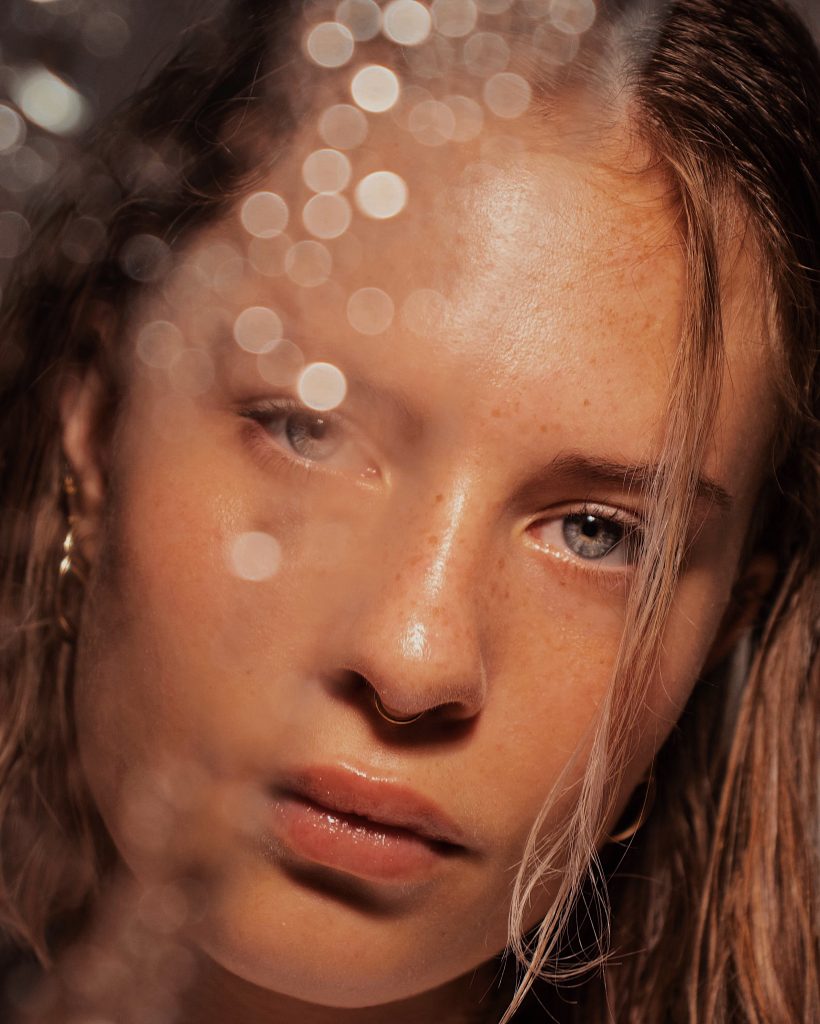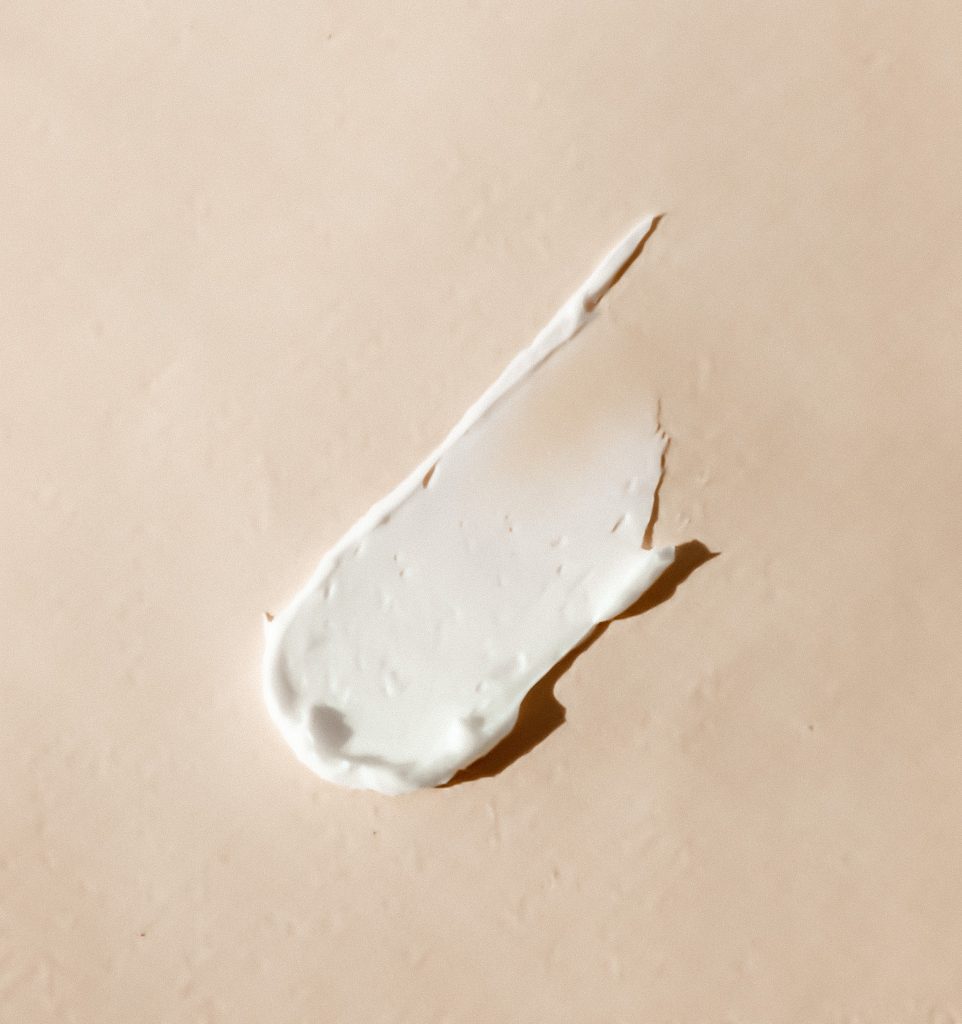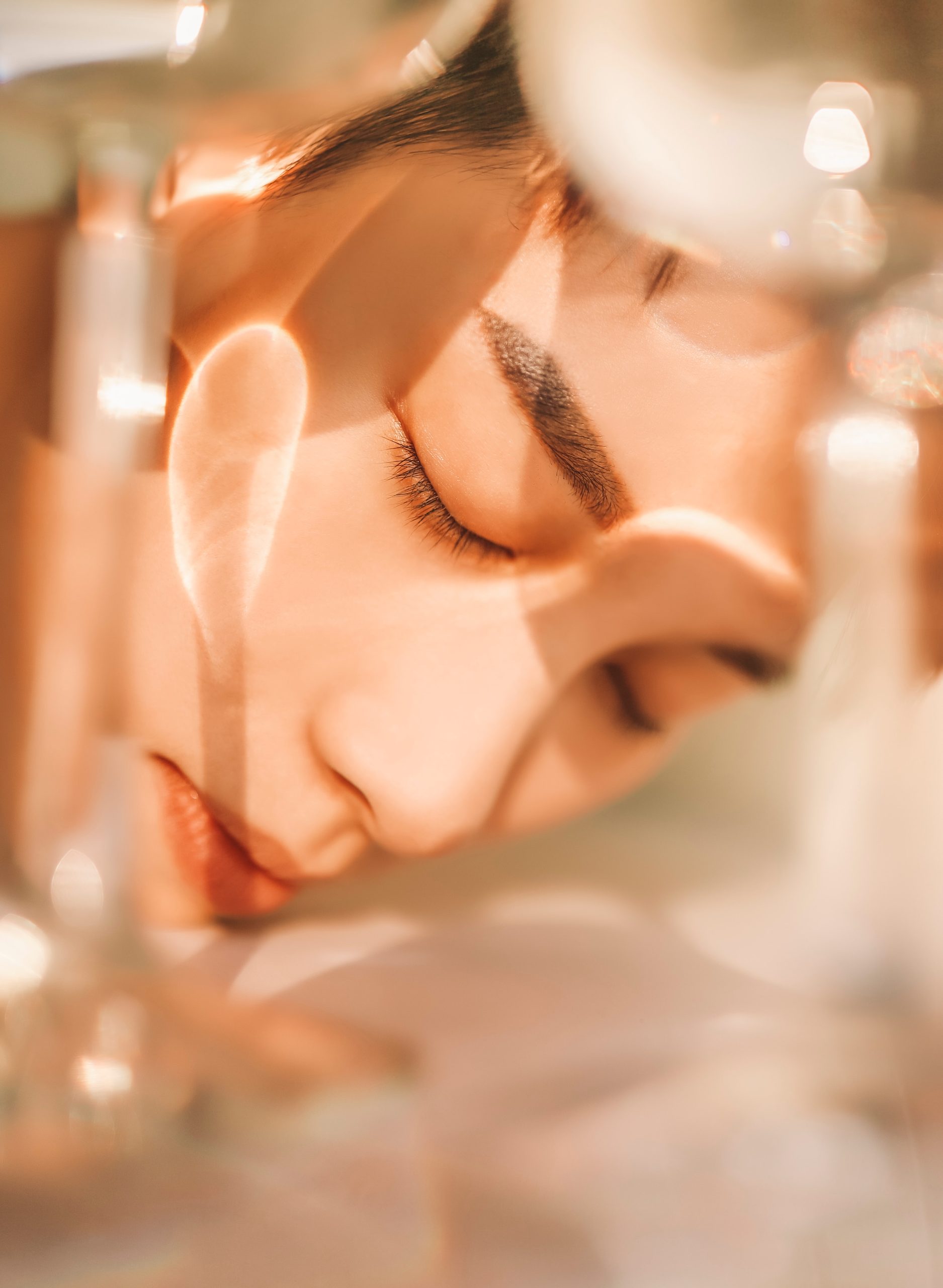Our skin is the largest organ in the body. It has three layers epidermis, dermis, and hypodermis and all three have a protective function for our body. Also, everything that happens inside the body shows on the skin- eczema, psoriasis, acne, dermatitis, herpes, and other issues. Today’s big attention is on skin aging and how to prevent it. We should mention two types of skin aging: chronological (by the years and it is an inevitable process of all organs) and photoaging (that is caused by the cumulative effect of UV radiation). The second one- photoaging can be prevented and treated today with skincare products like SPF and retinoids. So what are retinoids and how do they benefit the skin?
What are retinoids?
Retinoids are a group of compounds that derives from vitamin A. Actually, we know 4 generations of retinoids. The first generation includes retinol, tretinoin, and isotretinoin. In the third generetion are adapalen and tazarotene. Dermatologists use them for skin issues like acne, acne scars, hyperpigmentation, or wrinkles. Other types of retinoids can be used in treating other diseases like psoriasis, and lichen planus, preventing neoplastic changes in the skin (etretinate), treating melanoma, Kaposi’s sarcoma, cutaneous T-cell lymphoma, and many others.
But in this article, we will talk about retinoids that affect antiaging, prevents wrinkles, and benefit acne-prone skin.
How do they work?
Studies show that everybody can use retinoids and exploit their antiaging effect. Retinoids bring back elasticity and smoothness to the skin. Actually, dermatologists start using tretinoin on their patients in the early 1960s for acne treatment and realize the benefits of antiageing in the 1980s. So it took almost 30 years to get their glory in the world today.
Retinoids effect:
- reduce inflammation
- unclogging blocked pores
- reduce sebum production
- increases the production of procollagen
- regulates the cell growth in the skin
- slowing skin aging caused by UV radiation
We have local and systemic retinoids. Topical creams, oils, and serums have local benefits, and some of them you can buy on your own. Using oral retinoids can affect the whole skin and they are used for severe acne problems and can be prescribed only by a doctor. Systemic retinoids have a teratogenic effect so probably you should use contraception (if you are sexually active) at the same time prescribed by the same doctor.
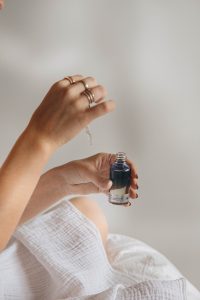
Side effects of retinoids
Everybody can have side effects from medications. They are teratogenic so you can not use them when you are pregnant! In regular terms of using it the best way to avoid side effects is to use it properly which will be explained later in the text.
The most common side effects can be :
- redness
- itching
- skin scaling
- excessive dryness
- extreme skin sensitivity to sun exposure
- initial acne flare up
How to use topical retinoids?
Recommendations are to start using retinoids in lately 20s. The exact time is not determined but it is known that regenerating skills of the skin start to reduce in your early 30’s so you should think about that.
If dermatologists prescribe you retinoids you should use them as it says. People with eczema or rosacea should consult their doctor. Also, very important is to use the right concentration. Many people start with a smaller concentration and slowly increase it.
Basic percentages of retinoids and how to use them:
- 0.025% retinoic acid is for smoothness and tightness
- 0,05% retinol is for small wrinkles
- 1% retinol is for acne and deeper wrinkles
Some of the general recommendations on how to use retinoids are:
- Use a small amount of the retinoid creme at the beginning (pea-sized)
- Use it at night, because of photosensitivity
- Use it on dry skin, the best way is 5 to 10 min after washing your face
- If you are a beginner use it twice a week for 2 weeks, and gradually increase the frequency after every week
- If your skin is too sensitive you always can wash out your product after 30-60min
- Also, try the option to put your moisturizing product after the retinoid cream, some people use the ”sandwich method” which means use your moisturizer first then a small amount of retinoids cream, and the third layer is moisturizer again
- Use good moisturizing products during the day
- Always use SPF during the day as the last step, because of the photosensitivity
- Don’t use other aggressive chemicals like glycolic acid, or benzoyl peroxide, while you use retinoids because they can cause irritation
If you search for some good retinol here are links for some recommendations: La Roche-Posay Pure Retinol Face Serum, or Neutrogena Rapid Wrinkle Repair Retinol Face Moisturizer!
Hope you find something interesting for yourself in this article.
If you like it subscribe and follow us for more posts.
Thank you, your Smart owl.
